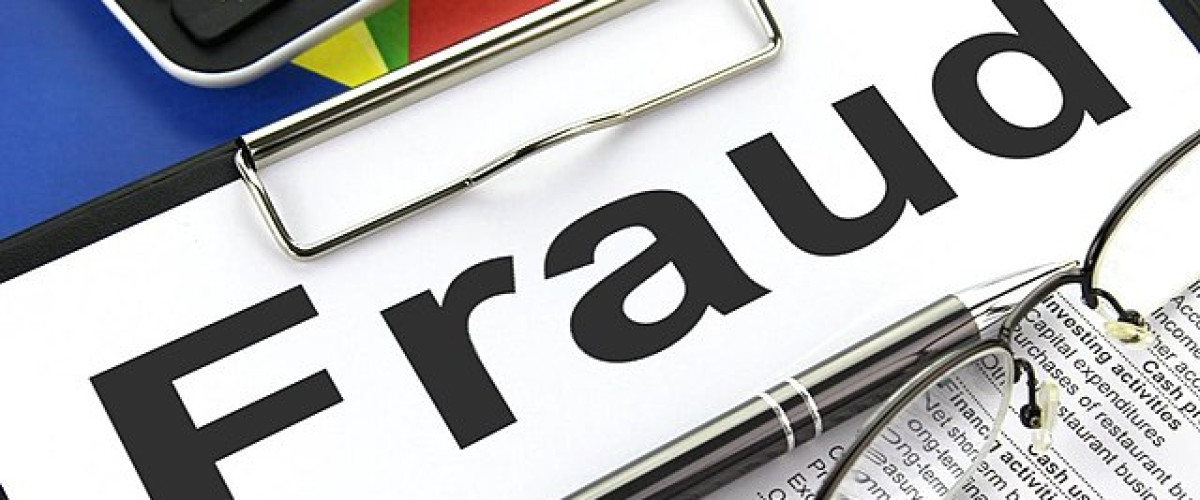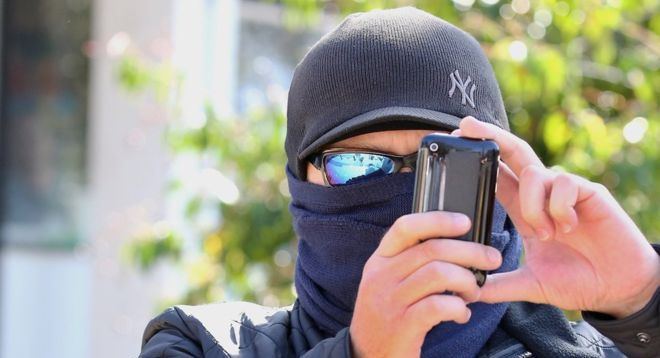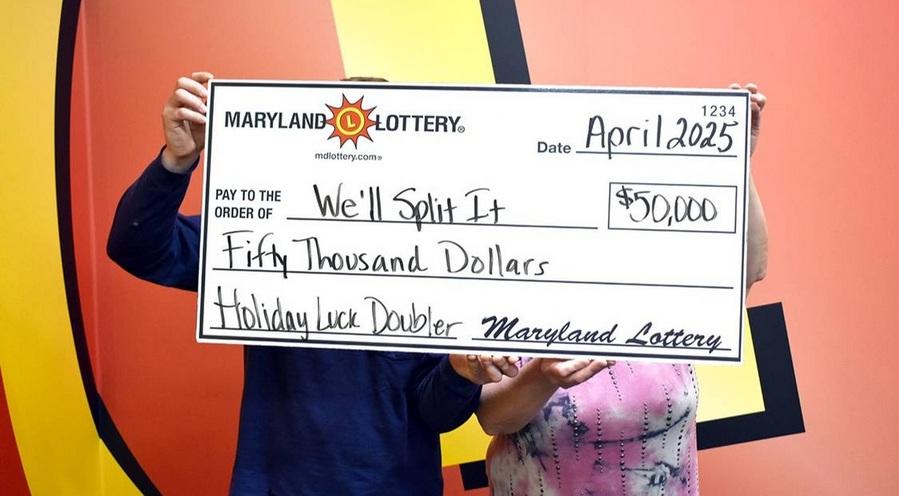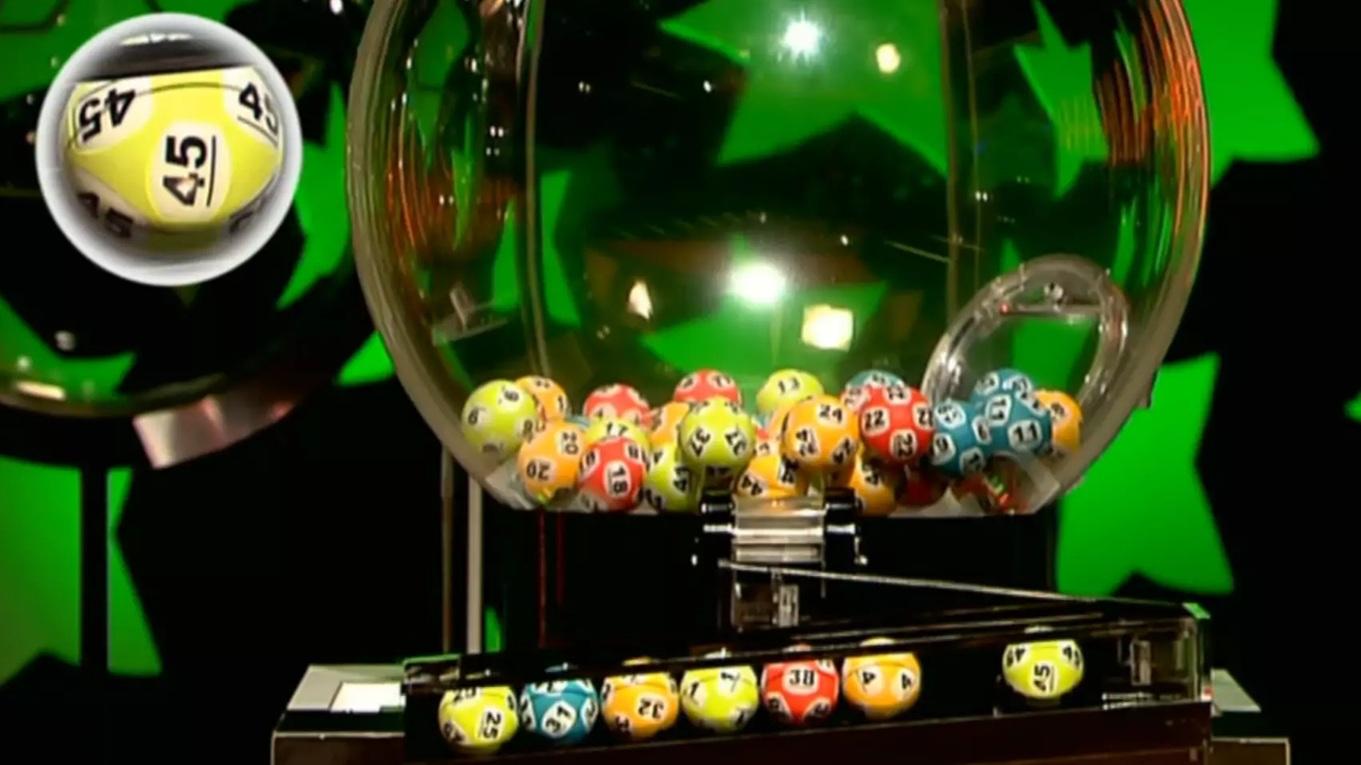Laura and Mark Hayes from Kilmarnock in Ayrshire Scotland were delighted when discovering they’d won a £1,760 Lotto priz...
Man accused of faking winning ticket in UK Lottery Fraud Case heads to Court

Man accused of faking winning ticket in UK Lottery Fraud Case heads to Court
A £2.5m lottery fraud case is currently being heard at St. Albans Crown Court in the UK. It’s claimed Edward Putman worked with a National Lottery employee to win the lottery.Faking the winning ticket
54-year-old Putman from Hertfordshire denies the allegation of committing fraud in 2009 and claiming £2.5m with a fake ticket.[caption id="attachment_16277" align=aligncenter width=660] Edward Putman has denied the allegations (Image: BBC)[/caption]Giles Knibbs, the lottery insider, knew how to produce a fake ticket. Knibbs passed it to Putman to obtain a prize that had been unclaimed since a draw on 11 March 2009. They waited until August, just before the six-month deadline to claim the huge jackpot.Knibbs took his own life in 2015 and the alleged fraud was uncovered soon after. Knibbs had found a way to cheat the system.Knibbs had worked in the fraud detection department of Camelot from 2004 until 2010, and his role enabled him to create a fake ticket. Knibbs saw a list of unclaimed prizes and created a ticket to match the winning numbers of a prize that was about to expire."He did not hold the winning ticket, but a forgery created by Mr Knibbs," prosecutor James Keeley said. The actual winning ticket has never been discovered.Keeley told the court that the fraud had been discovered after Knibbs of Bricket Wood, Hertfordshire, took his life in 2015.
Edward Putman has denied the allegations (Image: BBC)[/caption]Giles Knibbs, the lottery insider, knew how to produce a fake ticket. Knibbs passed it to Putman to obtain a prize that had been unclaimed since a draw on 11 March 2009. They waited until August, just before the six-month deadline to claim the huge jackpot.Knibbs took his own life in 2015 and the alleged fraud was uncovered soon after. Knibbs had found a way to cheat the system.Knibbs had worked in the fraud detection department of Camelot from 2004 until 2010, and his role enabled him to create a fake ticket. Knibbs saw a list of unclaimed prizes and created a ticket to match the winning numbers of a prize that was about to expire."He did not hold the winning ticket, but a forgery created by Mr Knibbs," prosecutor James Keeley said. The actual winning ticket has never been discovered.Keeley told the court that the fraud had been discovered after Knibbs of Bricket Wood, Hertfordshire, took his life in 2015.



